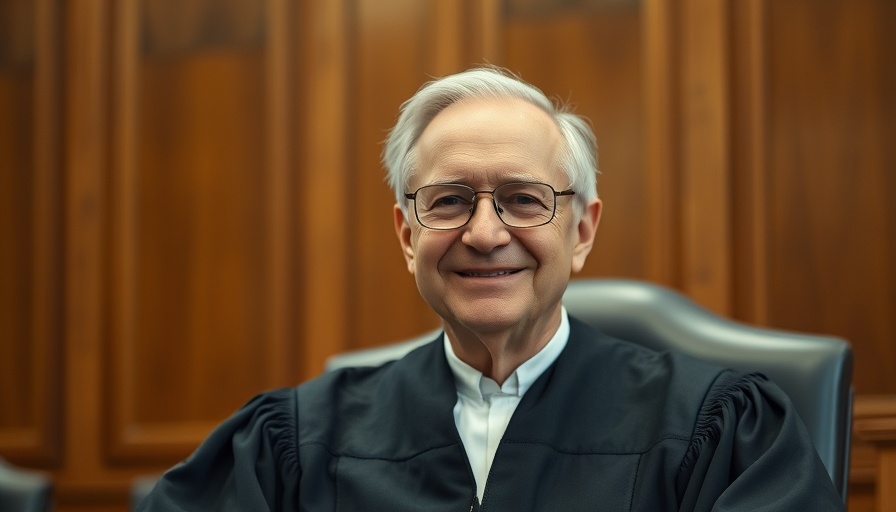
How Australia is Taking a Bold Stance on Social Media for Youth
The Australian government’s recent proposal to impose stricter regulations on social media usage for individuals under the age of 16 is stirring considerable debate. This plan, which aims to curb potential harm to children, presents significant implications for privacy and the online freedom of young users. It highlights a critical tension between safeguarding youth and respecting civil liberties—a dialogue that echoes around the world.
Why This Matters to Parents and Guardians
Parents, concerned about their children’s online interactions, may see this initiative as a necessary measure to protect their loved ones from inappropriate content or cyberbullying. The Australian government argues that by banning social media access for under-16s, they can create a safer online environment. However, many parents worry that such sweeping measures may infringe on their children’s rights to freedom of expression and social connectivity, essential components of growing up in a digital age.
The Privacy Debate: Where Do We Draw the Line?
Encroaching on privacy to enhance child safety raises significant ethical questions. Critics argue that even well-intentioned policies can erode privacy rights and introduce a slippery slope of increased surveillance. As the government seeks to monitor online activities, how do we ensure that measures remain transparent and do not stifle personal freedoms? This conversation is particularly vital as precedent-setting policies could ripple across international borders, potentially influencing similar initiatives in other nations.
Global Reflection: Learning from Others
Other countries have grappled with similar dilemmas. For instance, the European Union has implemented strict regulations regarding data protection, including the General Data Protection Regulation (GDPR), which prioritizes user consent. Meanwhile, some states in the U.S. are looking into introducing age verification systems to limit access to harmful online content, suggesting a move towards greater protection of minors while also sparking concerns about overreach and the effectiveness of such measures.
The Fine Balance Between Safety and Freedom
While the government's intentions may be rooted in safety, it is crucial to find a balance. The online space offers invaluable opportunities for education and connection. Instead of outright bans, exploration of alternative strategies—such as educational programs on digital literacy or parental control apps—could empower both children and their guardians. By fostering responsible online behavior rather than imposing restrictions, the government might better serve the interests of youth and society.
Future Insights: What Lies Ahead?
As the world becomes increasingly digital, the conversation around social media regulations for minors is bound to evolve. Future trends may include more collaborative approaches between tech companies, parents, and the government to devise solutions that prioritize child welfare without infringing on privacy rights. Watching how Australia navigates this critical juncture will provide valuable lessons for global observers regarding the ongoing struggle to secure children's rights in the online realm.
Ultimately, while safety is paramount, the fundamental questions around privacy, autonomy, and the role of government intervention must remain at the forefront of this discussion. To navigate these complexities effectively, engaging diverse perspectives will be essential.
The government’s initiatives on privacy and social media for under-16s underscore a pivotal moment that could redefine the digital experience for younger generations. For individuals and organizations with a vested interest in social media, understanding these developments is crucial for strategic planning and public engagement.
Book Your Brand Voice Interview Now! Delve into how your brand can navigate these crucial conversations in the evolving landscape of social media for youth.
 Add Row
Add Row  Add
Add 




Write A Comment